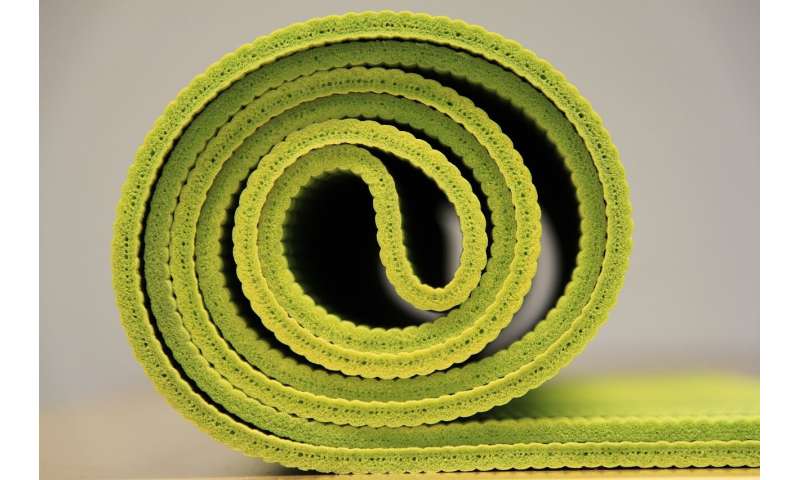
A study published in Innovation in Aging, a journal of the Gerontological Society of America, shows that a gentle exercise program delivered by home care aides improved client health, especially among participants whose caregivers are not family members.
Published by researchers at the University of Illinois at Chicago, the study assessed changes in clients’ physical abilities and the amount of social support provided by clients’ home care aides as a result of the exercise program.
“As regular caregivers, home care aides are well-positioned to promote physical activity among frail older adults in home settings,” said Naoko Muramatsu, the study’s author.
The program, called Healthy Moves for Aging Well, includes low-risk, gentle exercises: a seated step-in-place, arm curls and an ankle point-and-flex. During regular visits, trained home care aides administer the program, remind clients of their daily activity goals, and provide motivation to complete the exercises. The Healthy Moves program, originally developed by Partners in Care Foundation, was adapted for home care aides to deliver to their clients.
Fifty clients, with a mean age of 76 years, and their home care aides participated in the study; 18 pairs were family members and 32 were non-family.
Muramatsu and her colleagues found that the Healthy Moves program was effective—clients reported being better able to complete daily tasks, like walking from room to room and pouring a drink from a carton. Objectively measured client physical performance also improved.
However, the clients of home care aides who were not their family members saw a greater improvement.
“Healthy Moves provides training to home care aides on motivating their clients,” said Muramatsu, professor of community health sciences in the UIC School of Public Health and fellow of the UIC Institute for Health Research and Policy. “Family members may more naturally help their clients—who may be their parent—with physical activity, which is currently not part of home care aides’ job description.”
Source: Read Full Article
